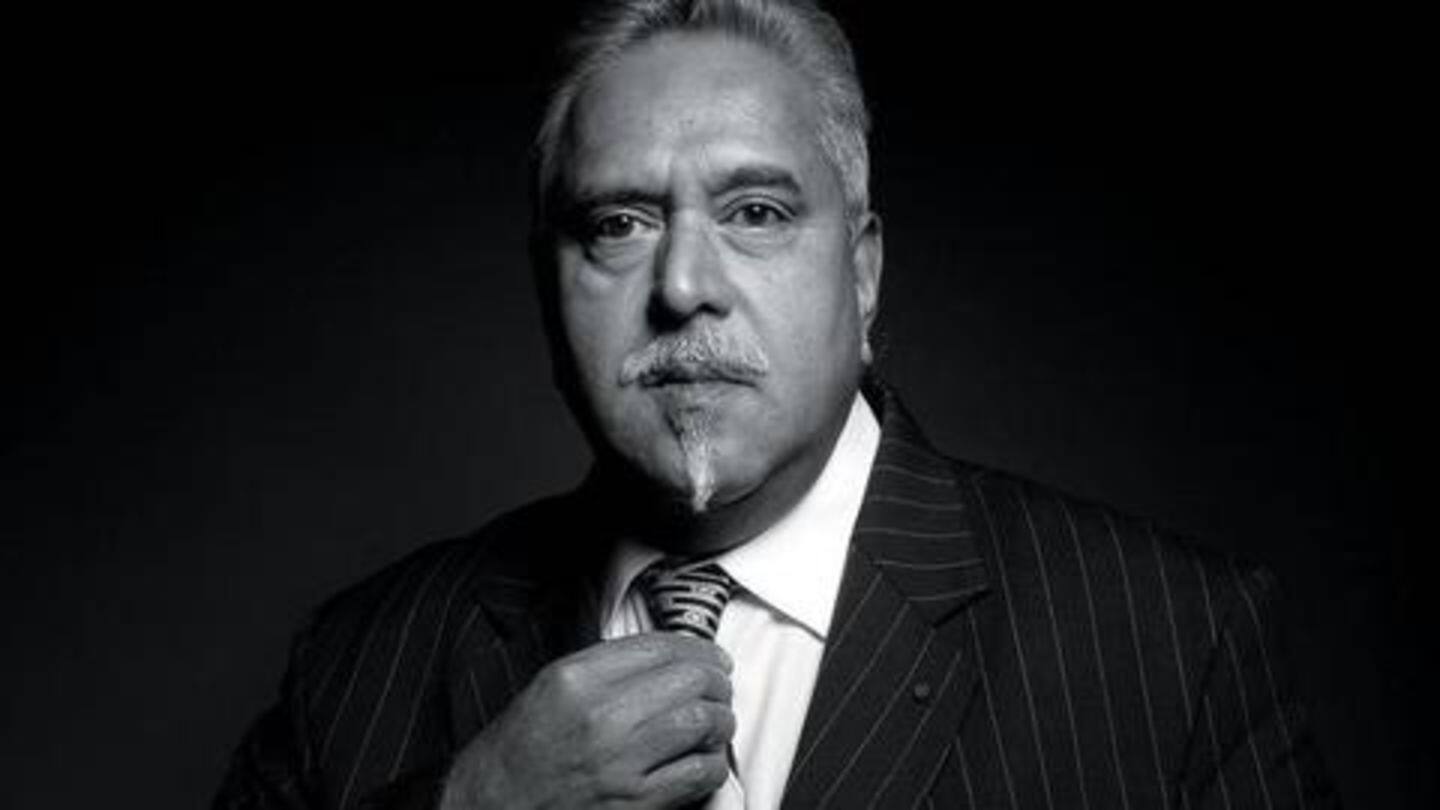
UK-court's verdict on Mallya's extradition today: All you should know
What's the story
Westminster Magistrates' Court in London will deliver its judgment on extradition of embattled liquor baron Vijay Mallya on Monday and a CBI team has left from India for the same.
The 62-year-old boss of the now-defunct Kingfisher Airlines, who left India in 2016, is accused of money laundering and fraud to the tune of Rs. 9,000 crore.
The case has been closely followed.
Possibilities
Understanding what will happen after the verdict
Whichever way the court's verdict swings, both sides can approach a higher court.
The CBI and ED will have 14 days to approach a higher court after the verdict. Given how Brexit pans out, Mallya can also knock on the doors of European Court of Justice, if the UK court rules against him.
The European court is known to be lenient in matters of extradition.
Mallya's side
He argued his failed business stopped him from repaying loans
In the court, Mallya's representatives have argued that there is no prima facie case. They debated he couldn't repay the money because of 'genuine business failure'.
On Twitter, Mallya wrote holding him as guarantor for the loan was unfair.
In another tweet, which he posted after Christian Michel's extradition from Dubai, Mallya said he offered to repay 100% of the principal amount to banks.
India's side
India has spoken about his 'dishonesty'
However, India has highlighted 'three chapters of dishonesty' on Mallya's part. It was argued he misrepresented facts to secure loans, asked what was done with the money, and questioned what Mallya and his companies did when banks recalled the loans.
India's representative lawyer Mark Summers used terms like 'squirreling away' of funds and 'malafide intentions' in the court.
Arguments
The judge called the case a 'jigsaw puzzle'
Judge Arbuthnot termed the case a 'jigsaw puzzle' and noted that it was 'blindly obvious' that banks hadn't followed their own rules while lending money to Mallya.
In the court, Mallya's representatives spoke about the state of Indian banking, prisons and the 'media trial' he could be subjected to in India.
They claimed the media attention, the 'panel discussions' would impact the judiciary.
Prison
To quell doubts about prison conditions, video was sent
After Mallya made a case against Indian prisons saying it lacked sunlight and other necessities, a video of the Arthur Jail prison was shot for the UK court.
Barrack number 12, where he would be lodged after extradition, houses only 6 inmates, the video showed busting claims of overcrowding.
He would get a TV, washing area, library, and courtyard too.
Details
Reportedly, PM Modi spoke about this with Theresa May
When the condition of the prison took center stage in this case, Prime Minister Narendra Modi told his British counterpart Theresa May the jails housed leaders like Mahatma Gandhi and Jawaharlal Nehru, and questioning it would be unfair.
Now the question that remains is: Given the thousands of pages of documents both sides have presented, will Mallya be extradited easily? Possibly not.
Final case
Why Mallya's return seems unlikely
The extradition treaty which India and Britain signed in 1993 stipulates that actions should amount to a crime in both countries. India has sought extradition of people like Nadeem Saifi, Ravi Sankaran, and Tiger Hanif but has succeeded in extraditing only one.
Samirbhai Vinubhai Patel wanted for his connection to 2002 Gujarat riots was extradited in 2016.
History shows the extradition won't be a cakewalk.